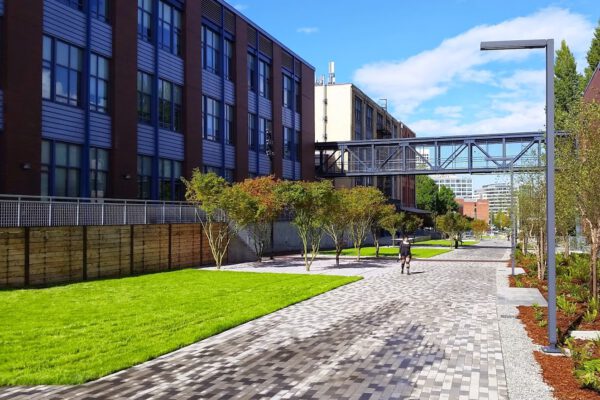ACE2019: Global Challenges to Civic Engagement
With civil discourse seemingly deteriorating on campuses and a public that is increasingly questioning the value of higher education, higher education leaders now more than ever are faced with the challenge of re-affirming the public mission of higher education.
“We do see that there is an opportunity here to reignite that simple mission to think more broadly and strengthen democratic world values,” said Katrina Rogers, president of Fielding Graduate University (CA), to participants in a session at ACE2019 on Sunday.
Rogers moderated the discussion, “Democracy, Civic Engagement, and Citizenship in Higher Education: A Global Perspective.” The panel included Jonathan Alger, president of James Madison University (VA), Lesley Wilson, secretary general of the European Universities Association, and David Wilson, president of Morgan State University (MD).
Alger acknowledged his university’s namesake, James Madison, was a believer in the need for higher education to sustain democracy. “He believed the Constitution was not going to survive without an educated and involved citizenry,” he said. Alger talked about how civic engagement should be embedded into the institution’s structure with courses offering opportunities for debate, civil discourse on controversial topics, and leadership skills.
As part of the session, the panelists asked attendees to break into small groups and consider two questions – questions they hoped others would consider on campuses around the country: 1) Has civic engagement been a topic on your campus, and if so how and where does the topic arise? Who provides leadership for such discussions? 2) What institutional barriers might exist that make this work challenging in your context? What approaches or structures might address those barriers?
After a brief discussion, the panel offered several recommendations to leadership on campuses: reaffirm institutional commitment to civic engagement; support civically engaged faculty and staff; promote a culture of civic involvement; discuss what it would take to participate in public deliberation on important social issues.
David Wilson said he hopes American institutions tackle these challenges head-on. “Democratic ideals are being challenged to the core. We need to make our work more visible and intentional,” he said.
—Audrey Hamilton
If you have any questions or comments about this blog post, please contact us.

